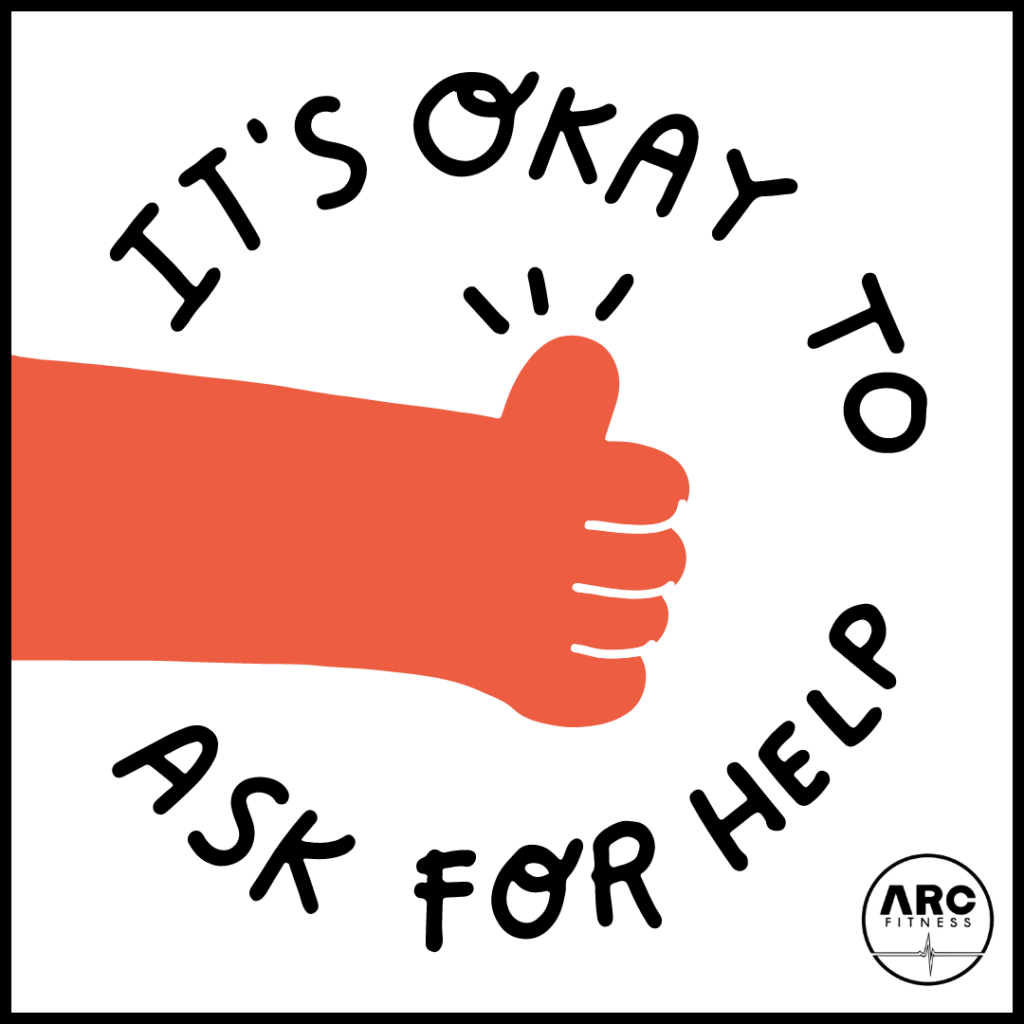No products in the basket.
Arc Fitness
Recognising the Need for Help
Introduction
The journey towards addiction recovery is a challenging and rewarding path. It starts with recognising the need for help, a critical step that lays the foundation for long-term sobriety and personal growth. In this blog, we will discuss the importance of acknowledging the problem, common signs that indicate the need for help, and the initial steps to take towards recovery.
The Importance of Acknowledging the Problem
Recognising that addiction is negatively impacting one’s life is crucial for several reasons. First, it breaks the cycle of denial, a common defence mechanism that prevents individuals from confronting their addiction. By acknowledging the problem, individuals can start to understand the severity of their situation and the consequences it has on their health, relationships, and overall well-being.
Second, admitting the need for help opens the door to support from friends, family, and professionals. It is often the first step towards building a strong support system that is vital to the recovery process. Furthermore, it empowers individuals to take control of their lives and make the necessary changes to overcome addiction.
Signs That Indicate the Need for Help
While each person’s experience with addiction is unique, there are common signs that suggest the need for help. These may include:
- Inability to control substance use: Consistently using more of a substance than intended or being unable to stop despite multiple attempts.
- Neglecting responsibilities: Failing to fulfil personal, professional, or family obligations due to substance use.
- Relationship issues: Strained relationships with friends and family members as a result of addiction-related behaviours.
- Tolerance and withdrawal symptoms: Experiencing an increased need for larger amounts of a substance to achieve the desired effect or suffering from physical and psychological withdrawal symptoms when not using.
- Loss of interest in hobbies and activities: Abandoning previously enjoyed hobbies, social activities, or recreational pursuits in favour of substance use.
Taking the First Steps Towards Recovery
Once an individual acknowledges the need for help, the following steps can set the stage for a successful recovery journey:
- Reach out to a trusted person: Sharing one’s struggles with a close friend, family member, or counsellor can provide emotional support and encouragement to seek professional help.
- Research treatment options: It’s essential to explore various treatment approaches, such as inpatient and outpatient programs, therapy, counselling, and support groups, to find the most suitable option for one’s unique needs and preferences.
- Schedule an assessment: A professional assessment by a healthcare provider or addiction specialist can help determine the severity of the addiction and recommend the most appropriate course of action.
- Commit to the recovery process: Recovery is a lifelong journey that requires dedication, perseverance, and a willingness to change. Embracing the process wholeheartedly can increase the likelihood of long-term success.
Conclusion
Recognising the need for help is a crucial milestone on the path to addiction recovery. By acknowledging the problem, identifying the signs, and taking the first steps towards seeking help, individuals can set the stage for a successful recovery journey that leads to a healthier, more fulfilling life. Remember, it’s never too late to seek help and begin the process of healing and transformation.

